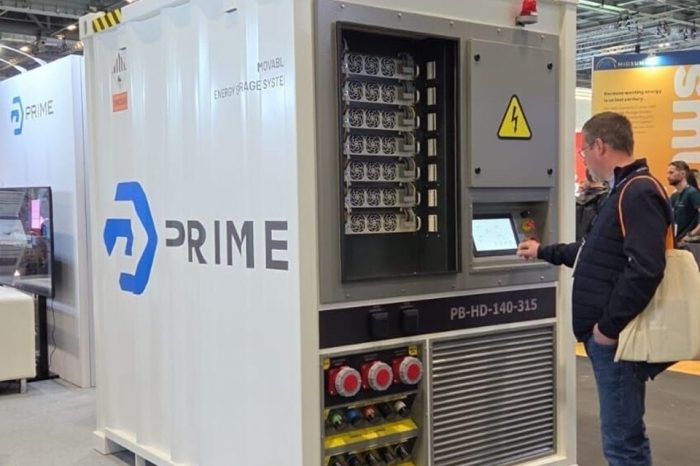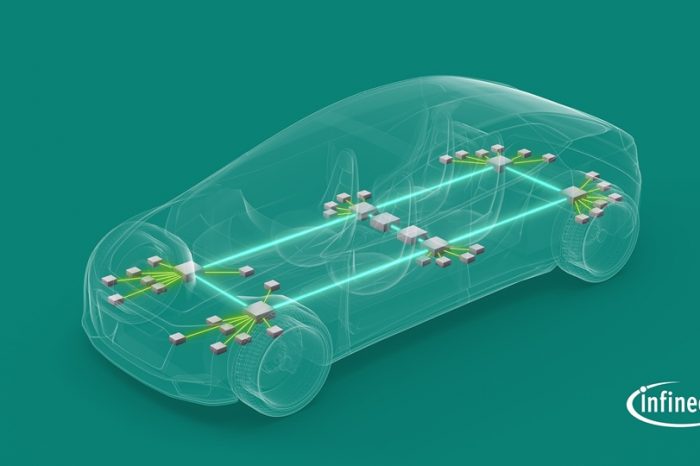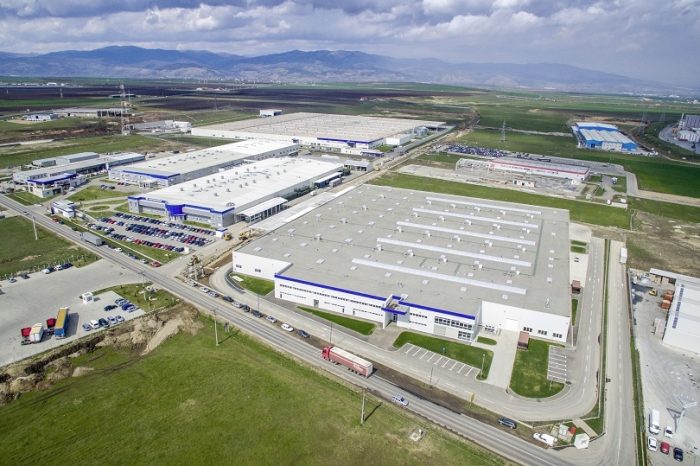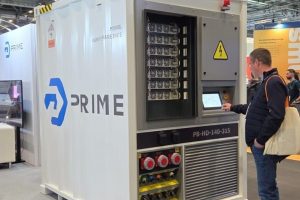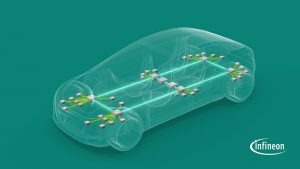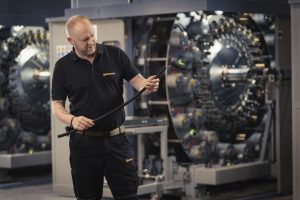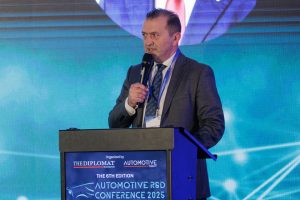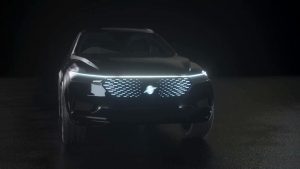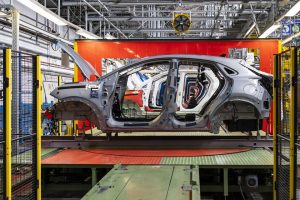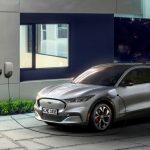Ford to introduce LFP batteries to the EV line-up in Europe
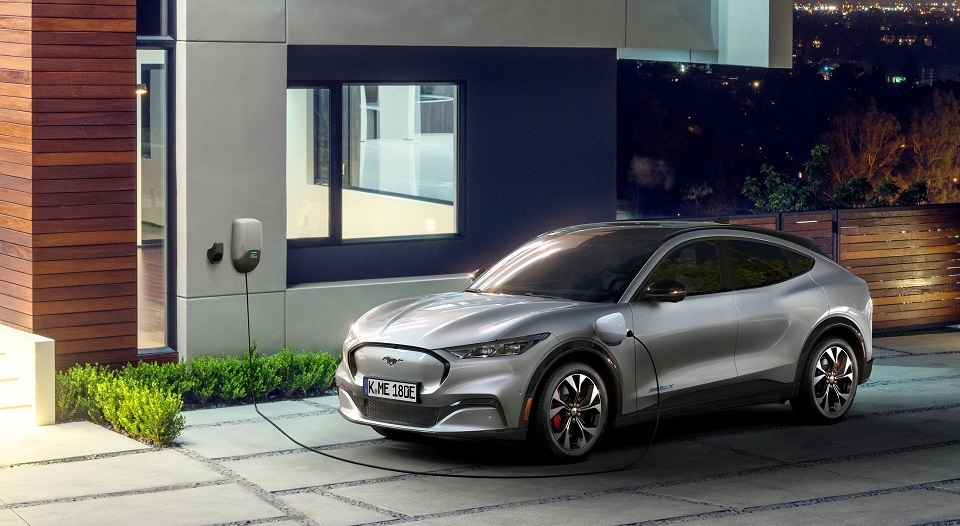
Ford will this year introduce lithium iron phosphate (LFP) batteries to the Mustang Mach-E line-up 1 in Europe, as part of the company’s commitment to making EVs more affordable and accessible to customers.
Ford has also announced it is investing 3.5 billion USD to build the first automaker-backed LFP battery plant in the U.S. – called BlueOval Battery Park Michigan – which will open in 2026.
“We are committed to leading the electric vehicle revolution, and that means investing in the technology and jobs that will keep us on the cutting edge of this global transformation in our industry,” said Bill Ford, Ford executive chair.
According to Ford, LFP batteries are very durable and tolerate more frequent and faster charging while using fewer high-demand, high-cost materials. This lower-cost battery, at scale, will help Ford contain or even further reduce EV prices for customers. These LFP batteries will power a variety of affordable, next-generation Ford EV passenger vehicles and trucks under development.
“Ford’s electric vehicle line-up has generated huge demand. We’re delivering on our commitments as we scale LFP and NCM batteries and thousands, and soon millions, of customers will begin to reap the benefits of Ford EVs with cutting-edge, durable battery technologies that are growing more affordable over time,” said Jim Farley, Ford president and CEO.
Even before the new battery plant opens in Marshall, Michigan, U.S., Ford will introduce LFP batteries on Mustang Mach-E this year and F-150 Lightning in 2024 in key global markets, with a goal of reducing wait times for customers.
Ford has committed to invest over $50 billion in electric vehicles globally through 2026 and is also already committed to achieving carbon neutrality globally across its vehicles, operations and supply chain by 2050. The company is targeting zero emissions for all vehicle sales in Europe and carbon neutrality across its European footprint of facilities, logistics and suppliers by 2035.


